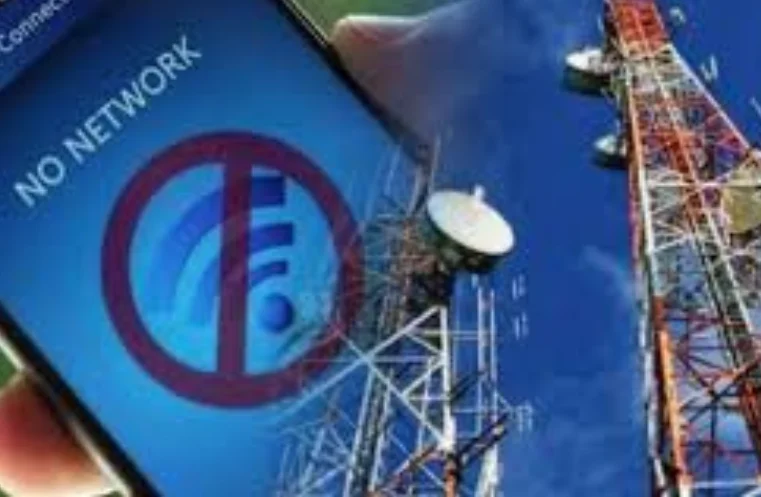Islamabad, Mar 3, 2025: Pakistan experienced a record-breaking 21 internet shutdowns in 2024, marking the highest number in a single year.
The government increasingly relied on these digital blackouts to suppress dissent and regulate the flow of information, as highlighted in a report by the digital rights organization Access Now
Released by the #KeepItOn coalition, the report ranked Pakistan third globally for internet restrictions, following Myanmar and India.
Since 2016, Pakistan has enforced 77 shutdowns, with 2024 standing out as the most restrictive year to date.
According to Access Now’s Asia Pacific Policy Counsel, Shruti Narayan, this surge in shutdowns reflects a “continued decline in democratic principles” within the country.
These disruptions have had a profound impact on businesses, journalism, and public communication.
A separate report by Top10VPN.com, published in January, estimated that Pakistan suffered economic losses of approximately $1.62 billion due to digital restrictions in 2023.
This figure exceeded the financial damages incurred by war-torn nations like Sudan and Myanmar.
The Chairman of the Pakistan Software Houses Association (P@SHA), Sajjad Mustafa Syed, previously stated that the country’s IT sector was losing over $1 million per hour due to frequent internet disruptions.
These restrictions have significantly hampered the growth of the technology industry and discouraged foreign investment. 
Read More:
Microsoft Services Down Worldwide: Users Report Login Issues
The #KeepItOn coalition’s report documented 296 internet shutdowns worldwide across 54 nations in 2024, surpassing the previous year’s total of 283.
While armed conflicts were the primary trigger for these blackouts, governments also disrupted access to suppress protests and manipulate elections.
In Pakistan, authorities often implemented shutdowns during political rallies and security operations, severely affecting mobile internet services. India, which has recorded 855 shutdowns since 2016, imposed 84 last year, making it the highest among democracies.
Myanmar, however, led globally with 85 instances. The report pointed out that Pakistan’s approach to internet restrictions increasingly mirrors India’s, where such blackouts are frequently enforced, particularly in regions like Kashmir.
Access Now also reported a rising trend in platform-specific restrictions, with 71 instances recorded in 35 countries. Popular social media platforms such as X, TikTok, and Signal were frequently blocked, further limiting access to information.
The organization warned that such restrictions “fuel misinformation, hinder fact-checking, and disrupt daily life.”
Advocating for urgent policy changes, Narayan urged Pakistani authorities to cease digital restrictions, including VPN blocking, firewall barriers, and mobile internet shutdowns.
“Internet disruptions are more than just connectivity issues—they weaken democracy, stifle press freedom, and inflict severe economic damage,” she emphasized.









